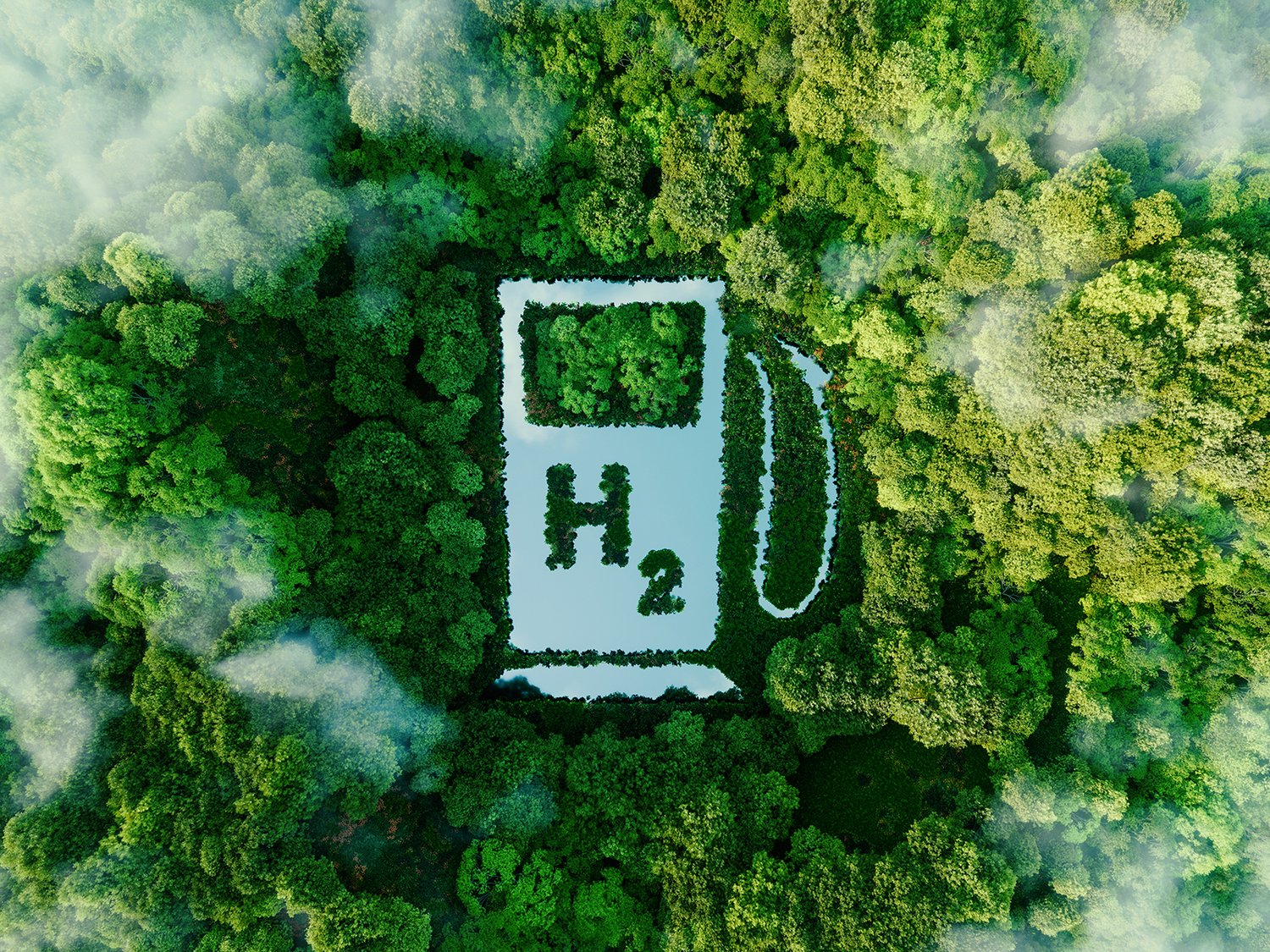Power Grid
USA: AN INNOVATIVE WAY TO PRODUCE HYDROGEN WITH ALUMINUM AND CAFFEINE.
Irene Jerry

Researchers at Massachusetts Institute of Technology(MIT) have developed a groundbreaking and sustainable method to produce hydrogen, contributing to the shift toward clean energy and reducing dependence on fossil fuels. This innovative approach utilizes aluminum and seawater, offering a green solution for hydrogen generation. The team discovered that when pure aluminum, recovered from soda cans, is combined with seawater, it produces hydrogen gas that can power engines or fuel cells without generating carbon emissions.
To address the challenge of accelerating hydrogen production, the researchers explored various methods and found a surprising solution. When coffee residue, containing caffeine, was accidentally introduced into the aluminum-seawater mixture, the reaction sped up considerably. Further investigation revealed that imidazole, a chemical component in caffeine, plays a key role in enhancing the reaction by allowing the aluminum to react with water more efficiently.
The MIT team’s efforts focused on creating a system that could produce hydrogen for vehicles without carrying the highly volatile gas. Their research showed that aluminum reacts with water to generate hydrogen and heat, but only in its pure form, as aluminum typically forms an oxide layer that slows the reaction. By treating aluminum with an alloy of gallium and indium, they found a way to remove this oxide layer and accelerate hydrogen production, making the process more viable for practical use.
The team now plans to test their system in underwater and offshore vehicles. Ships could be equipped with recycled aluminum granules, gallium, indium, and caffeine, which, combined with seawater, would produce hydrogen on demand. The researchers estimate that 40 pounds of aluminum could power a small underwater vehicle for up to 30 days, and they are exploring ways to apply this technology to trucks, trains, and potentially even airplanes by using ambient humidity to produce hydrogen.
